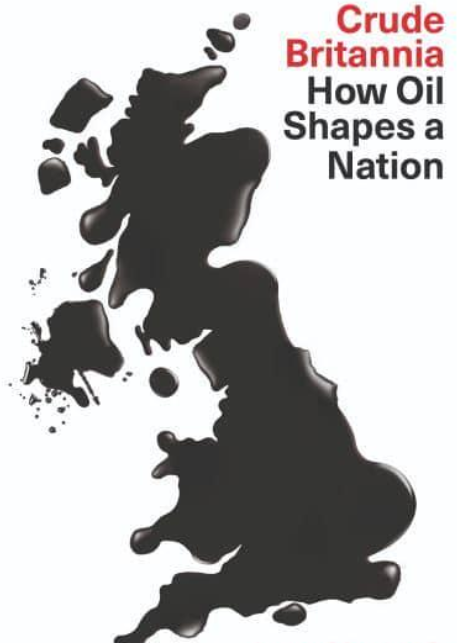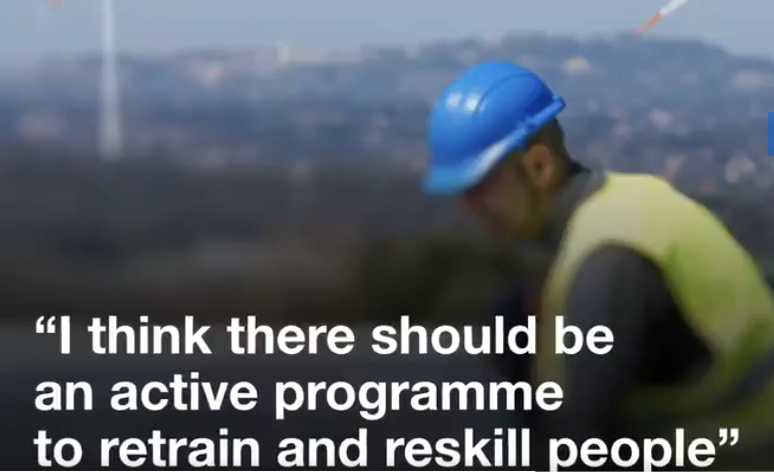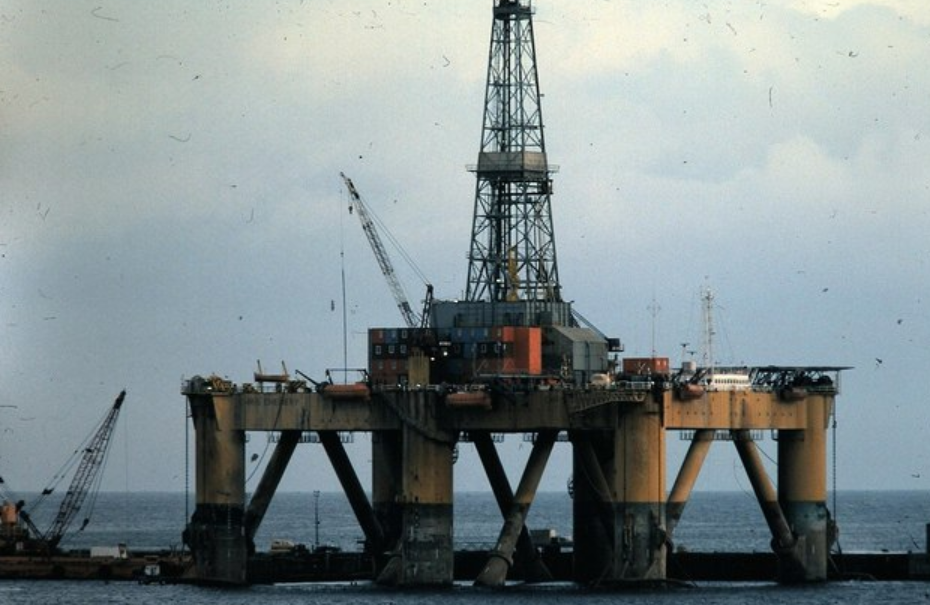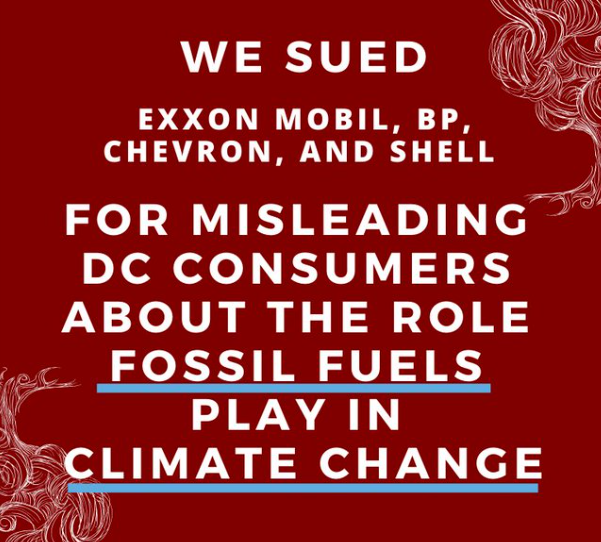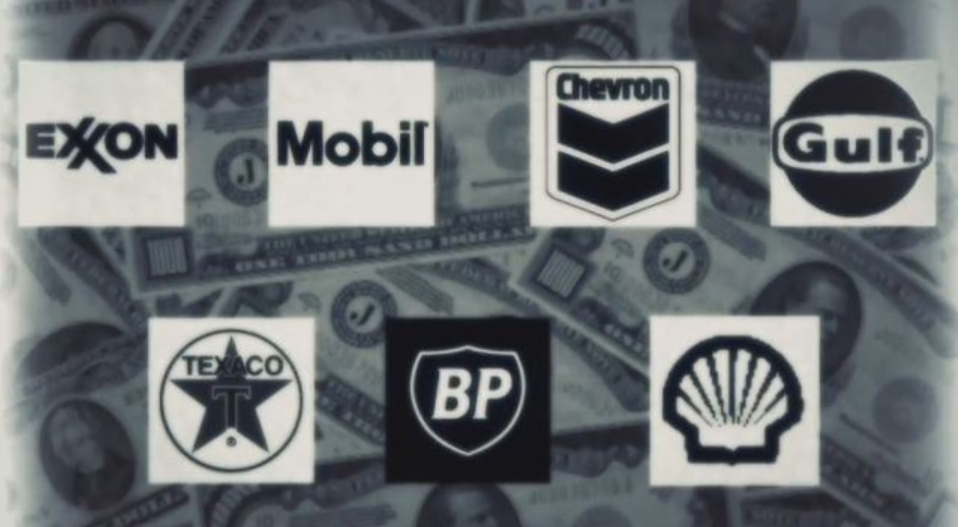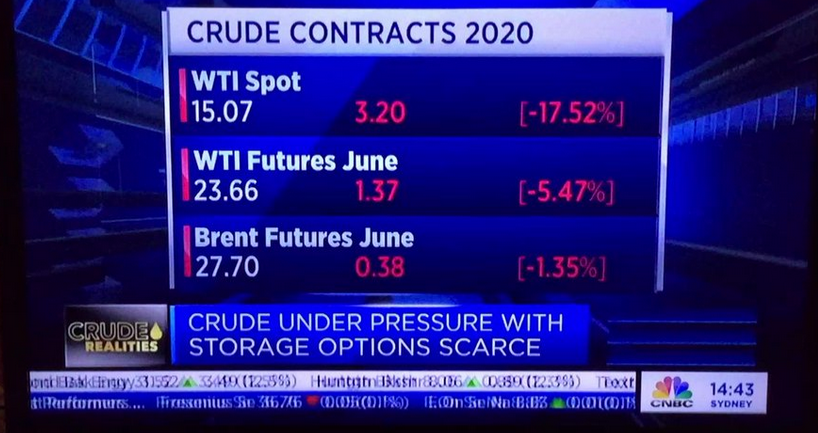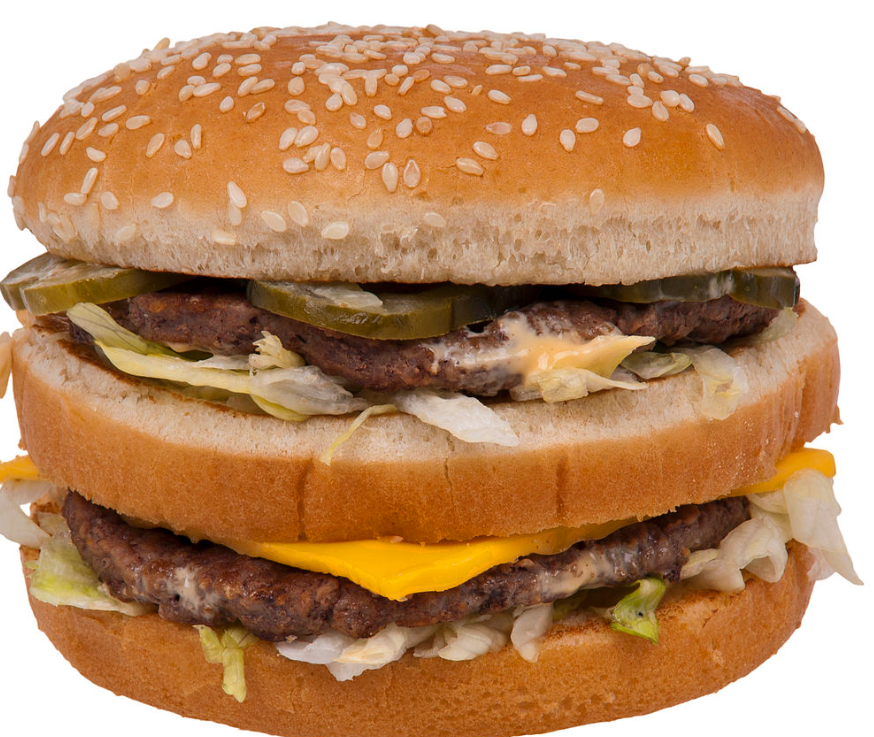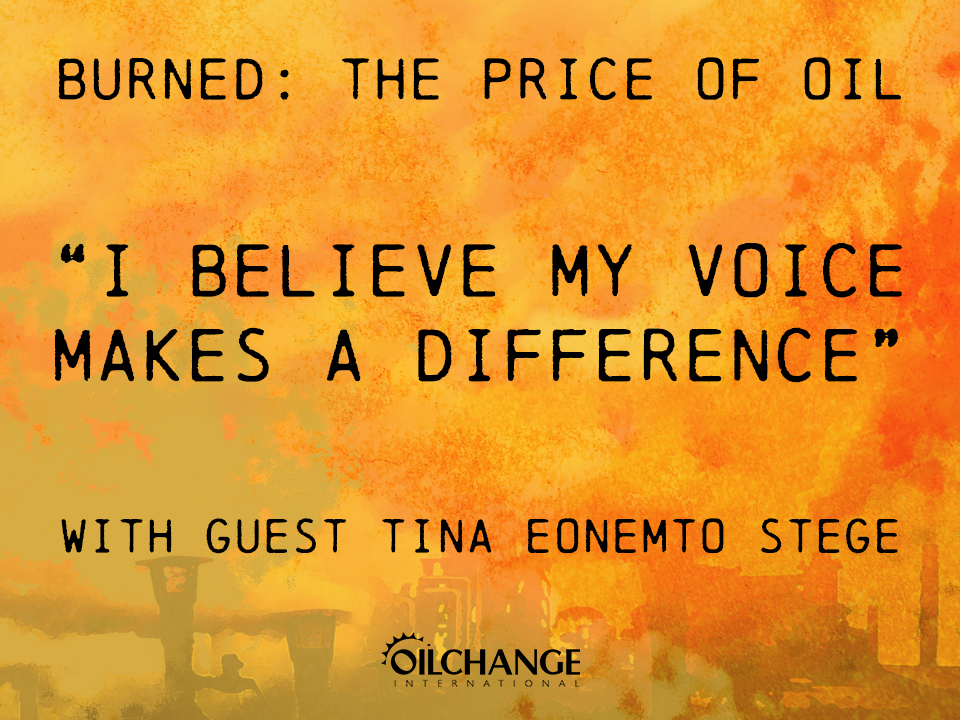
“I believe my voice makes a difference” — Tina Eonemto Stege on climate commitments and keeping 1.5°C alive
In this episode of Burned: The Price of Oil, host Shady Khalil speaks with Tina Eonemto Stege, Climate Envoy for the Government of the Republic of the Marshall Islands. Tina reflects on the United Nations climate talks in Belém, Brazil, from the hard fights to the fragile breakthroughs of the COP30 climate negotiations.


